My Baby Won’t Stop Crying!


The familiar sound of your baby crying is likely imbedded into your brain by now and the slightest noise piques your primal instinct and you rush to soothe them. By now, you and bub likely have a good routine going where you know roughly when feeds, naps and nappy changes should happen, so why seemingly all of a sudden, does he or she just not stop crying?
As frustrating as it is to look at this little person who is just screaming at you and wonder what is wrong, running through a mental list of possibilities, and frantically trying to fix the problem. We as parents, do need to take a step back and remember that our little ones are struggling to communicate anything at this stage, with smiles and cries pretty much being the extent of their communicative skills. They are crying because something is not great in their world and can’t fix it themselves.
Typically, if your baby is under 3 months old, they are responding to their own physiological needs. These needs are our basic needs as humans, and your baby is likely trying to tell you what they need. These can include:
- Hunger
- Have overfed discomfort/need to burp
- Discomfort (nappy changes)
- Are overtired or need sleep
- Too hot or cold
- Need company or comfort and love
- Are physically irritated by their surroundings
- Are overstimulated.
- Are in pain or are unwell.

It can sometimes feel pretty overwhelming trying to eliminate any potential causes of the crying given there are so many possible causes, but with a systematic approach, you can work your way through most of babies needs to see if you can help them through.
In babies older than 3 months old, they could be communicating any of the above needs along with some more emotional needs they could be experiencing:
- Frustration
- Anxiety (Particularly separation anxiety at night)
- Angry
- Sadness
- Teething pain.
So how can you help bub through these times?
During these bouts of inconsolable tears, you can spend some time identifying the type of cry baby is making, pairing it with the solution you figured out as well as watching for cues prior to their crying as to what could cause it.
- Long high-pitched cries tend to indicate physical pain
- Low-Pitched shorter rise and fall style cry tends to indicate hunger.
- Yawning and eye rubbing when tired
- Averting their gaze when overstimulated
- Chewing on fists when hungry or teething

It is also best to try and remain as calm and methodical as you can to ensure you aren’t frustrating them further. Perhaps keep a checklist of potential causes for their crying along with a checklist of actions to satiate them. It is important to try one thing at a time and spend time monitoring for change. Unconsciously in our own panic, we end up doing multiple actions and trying to tend to multiple possible symptoms which can upset bub more. If you are going to rock baby, just rock, don’t pat and shush and sing all at once whilst preparing a feed and checking their temperature. If we put ourselves in babies’ shoes, wouldn’t you feel incredibly overwhelmed and helpless to everything that is happening.
Some babies can be considered colic. This is where their crying goes for more than 3 hours, over 3 days for 3 weeks. If you are feeling that your baby is excessively crying they could have colic, please speak to your medical professional for assistance.

One of the most common reasons for inconsolable crying in babies from 6 months old is when they begin teething. Their little gums are sore with pressure as the teeth push their way through.
Our 100% Natural Rubber Teething Toy, Mizzie The Kangaroo, is the perfect companion your Bub needs to soothe gums, keep entertained and gently stimulate their sensory development! Mizzie is not only an amazing solution, she also becomes a beloved friend that you and your little one can rely on!
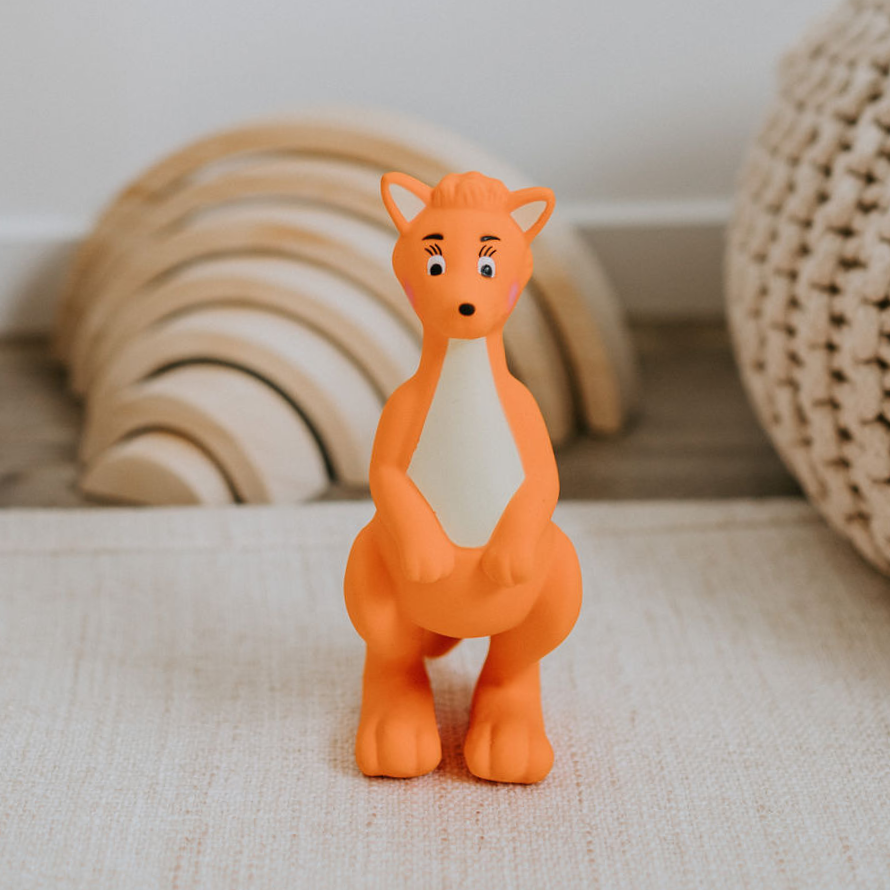
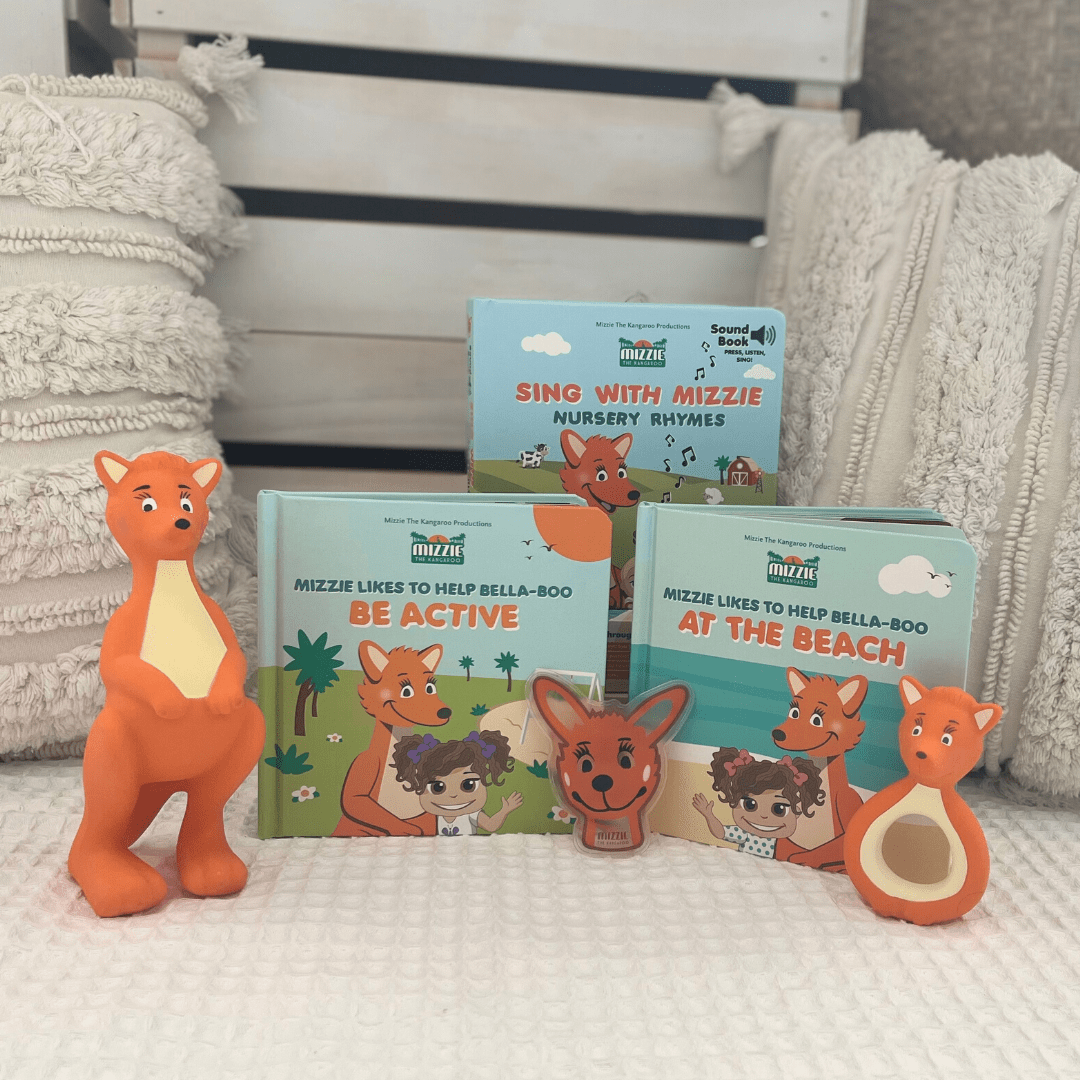




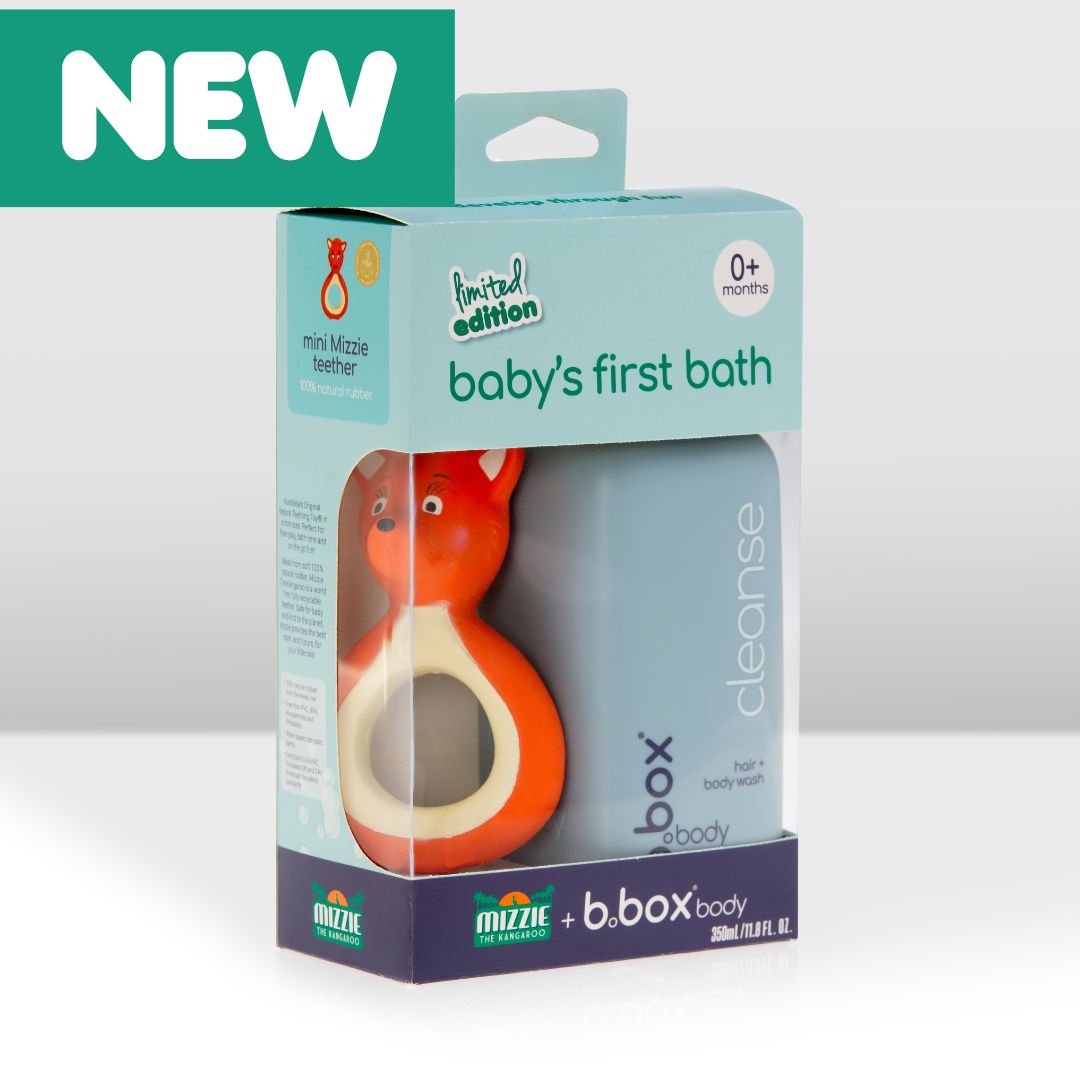
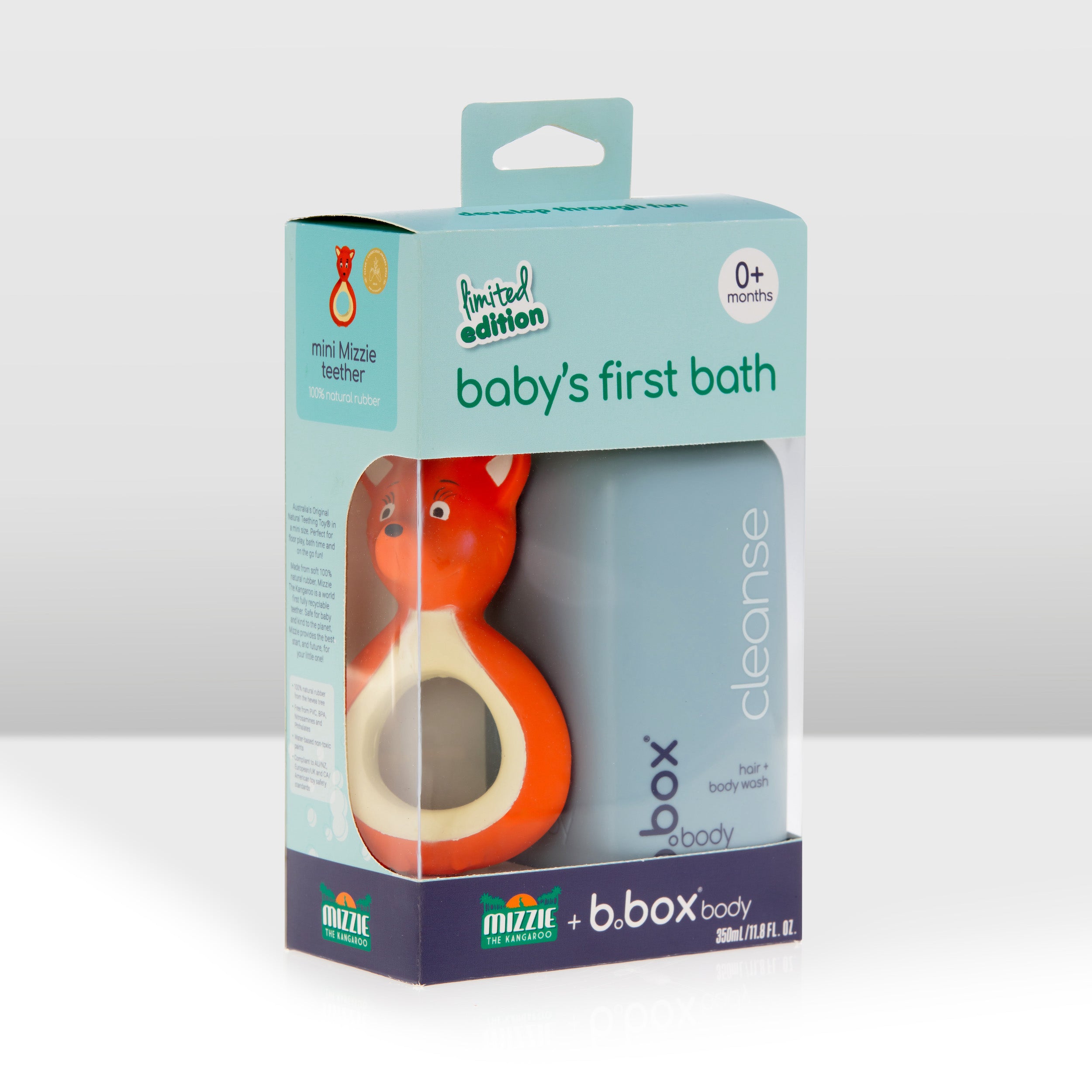


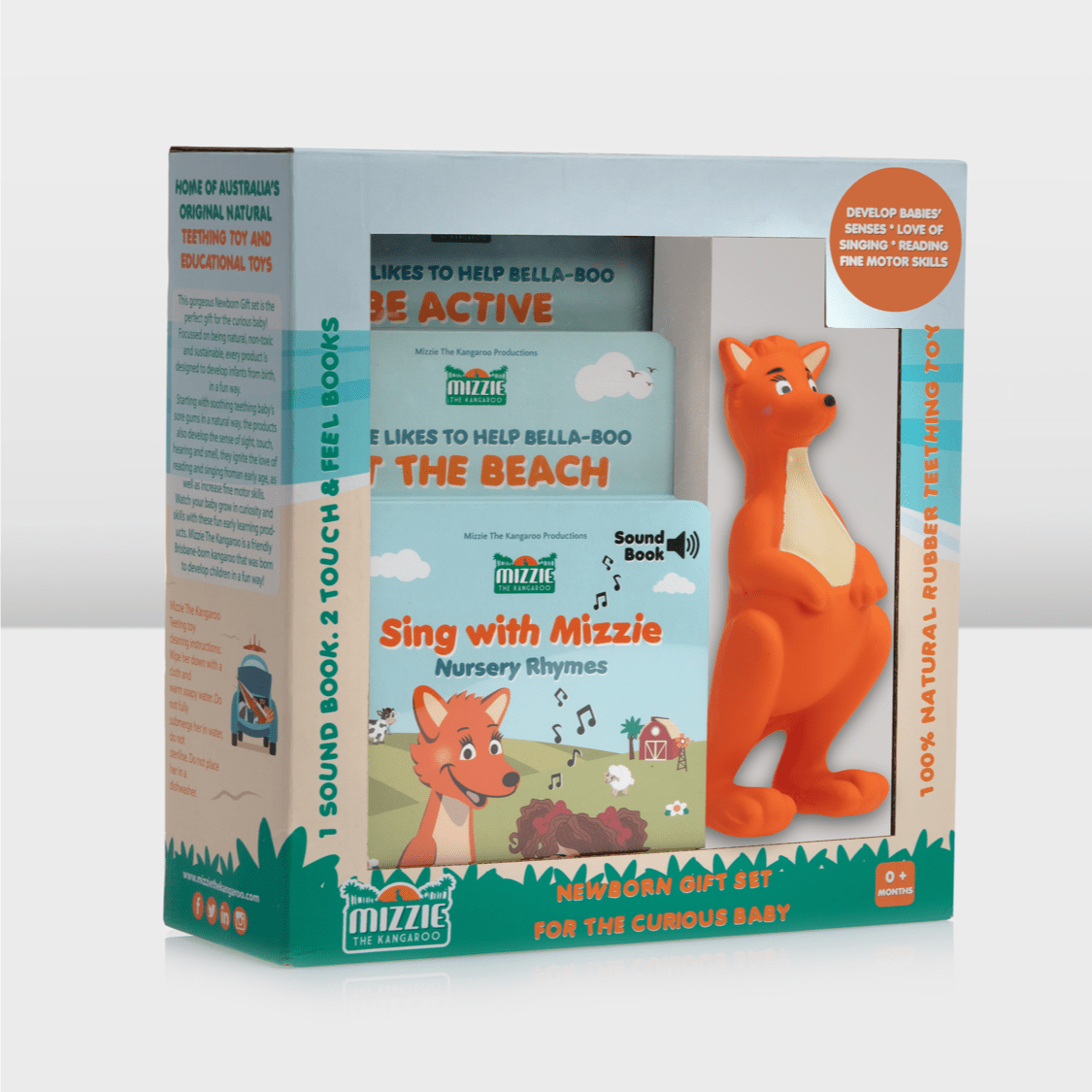
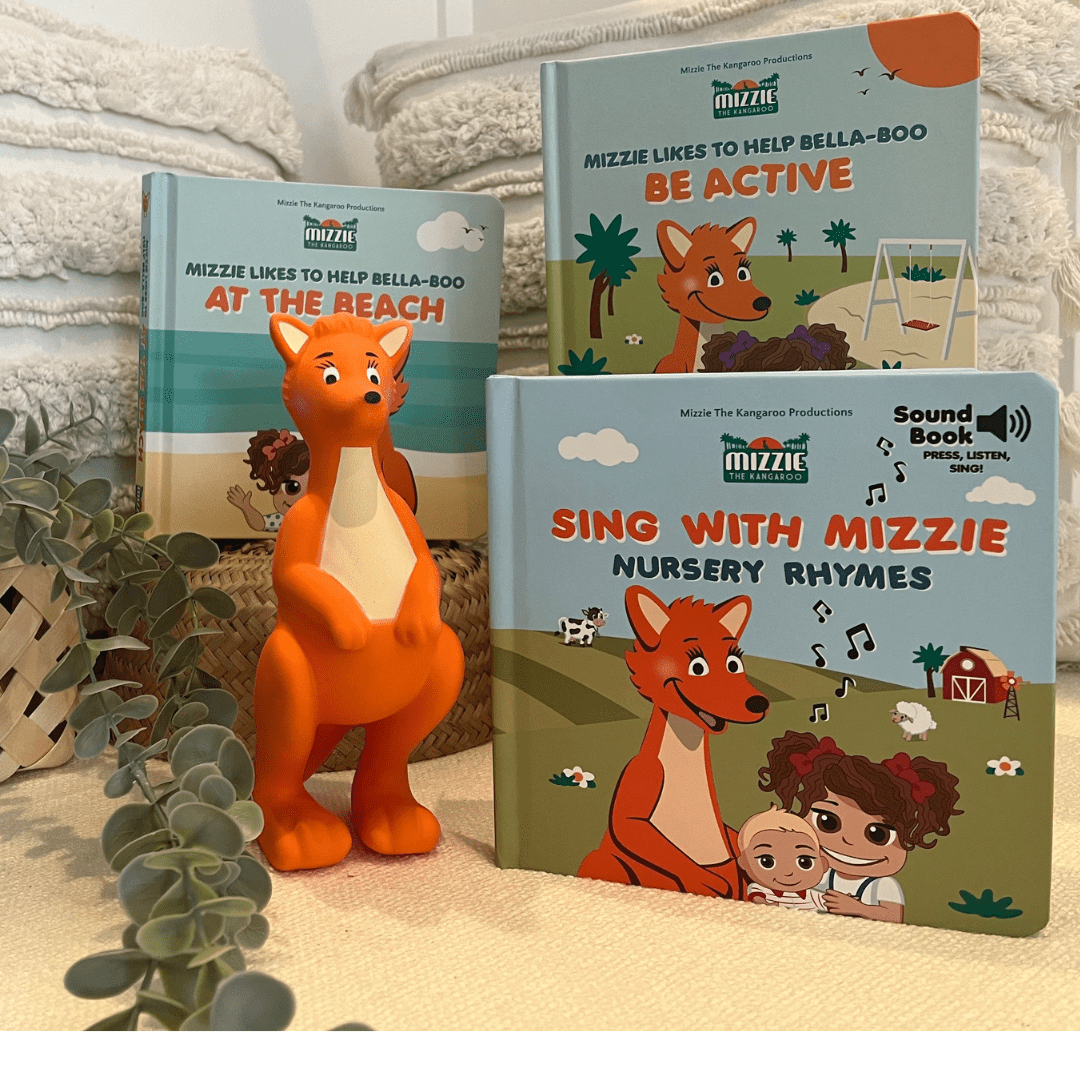
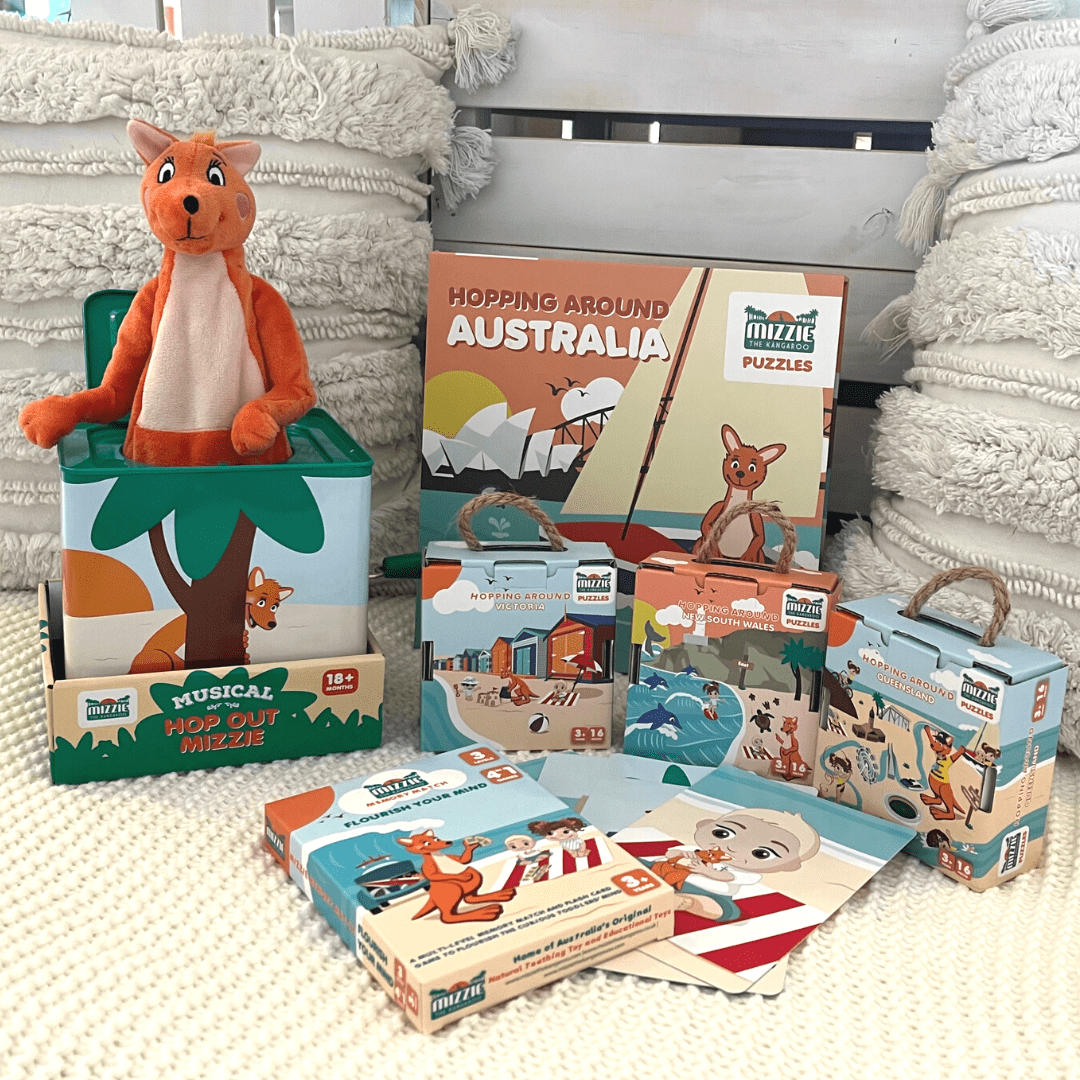
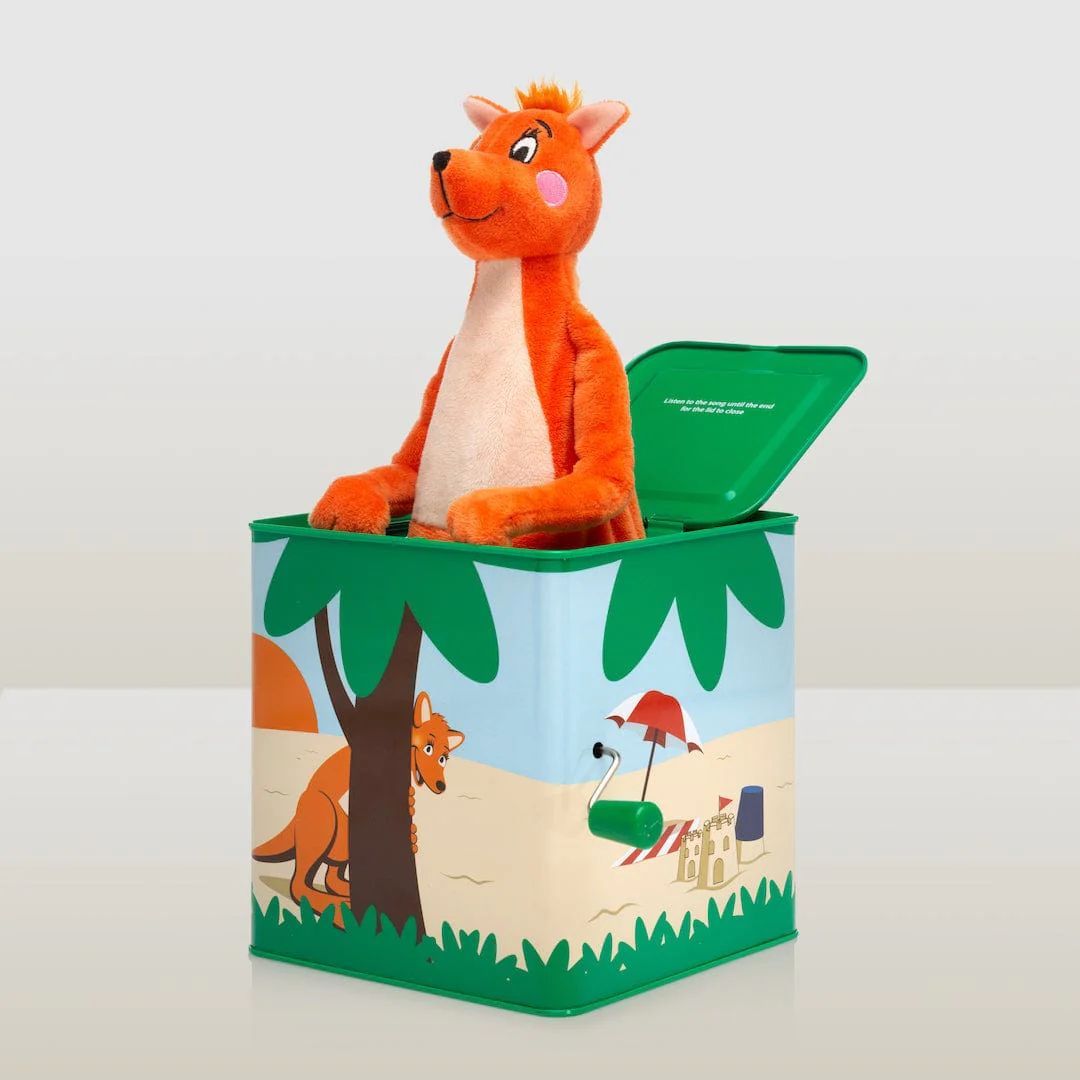
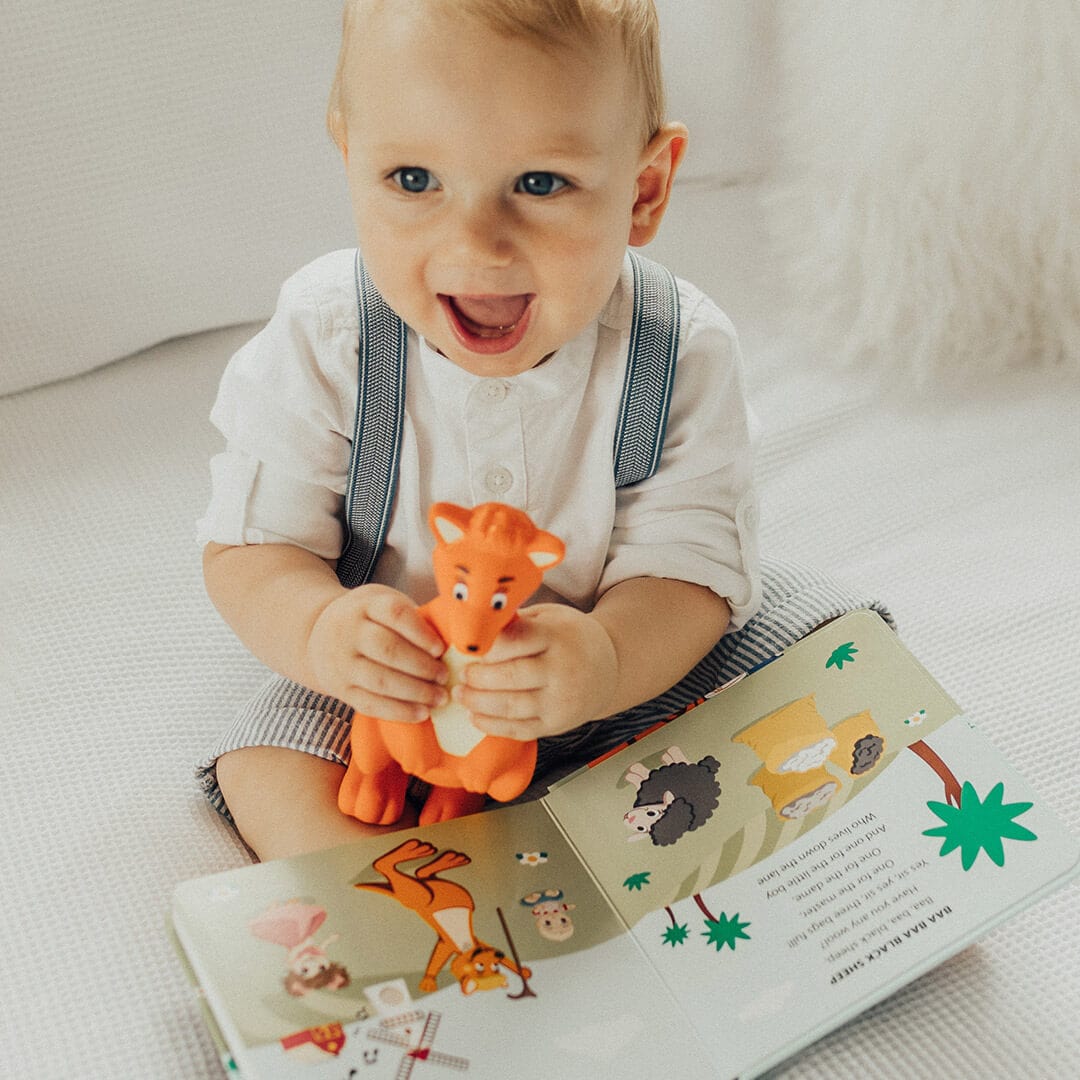
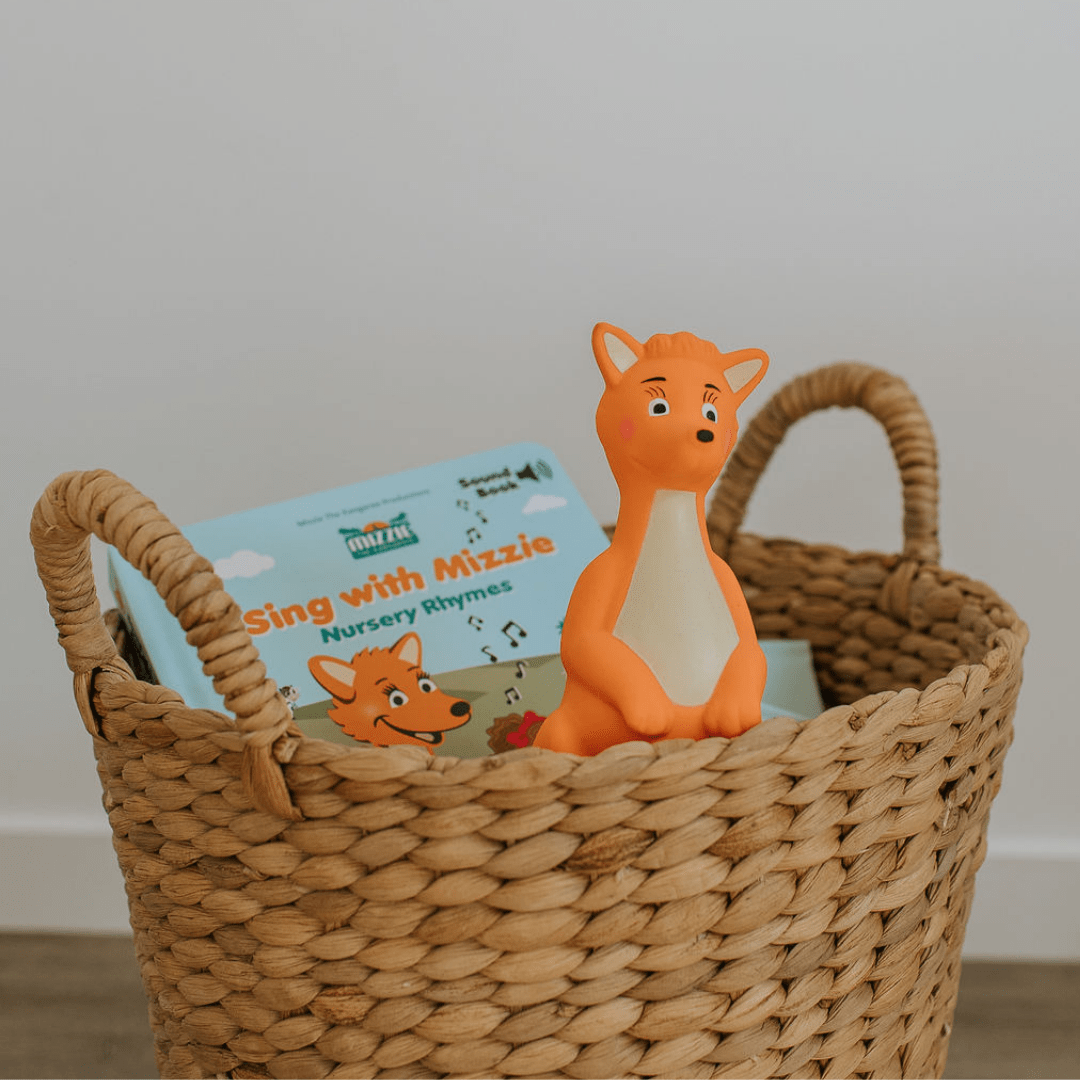
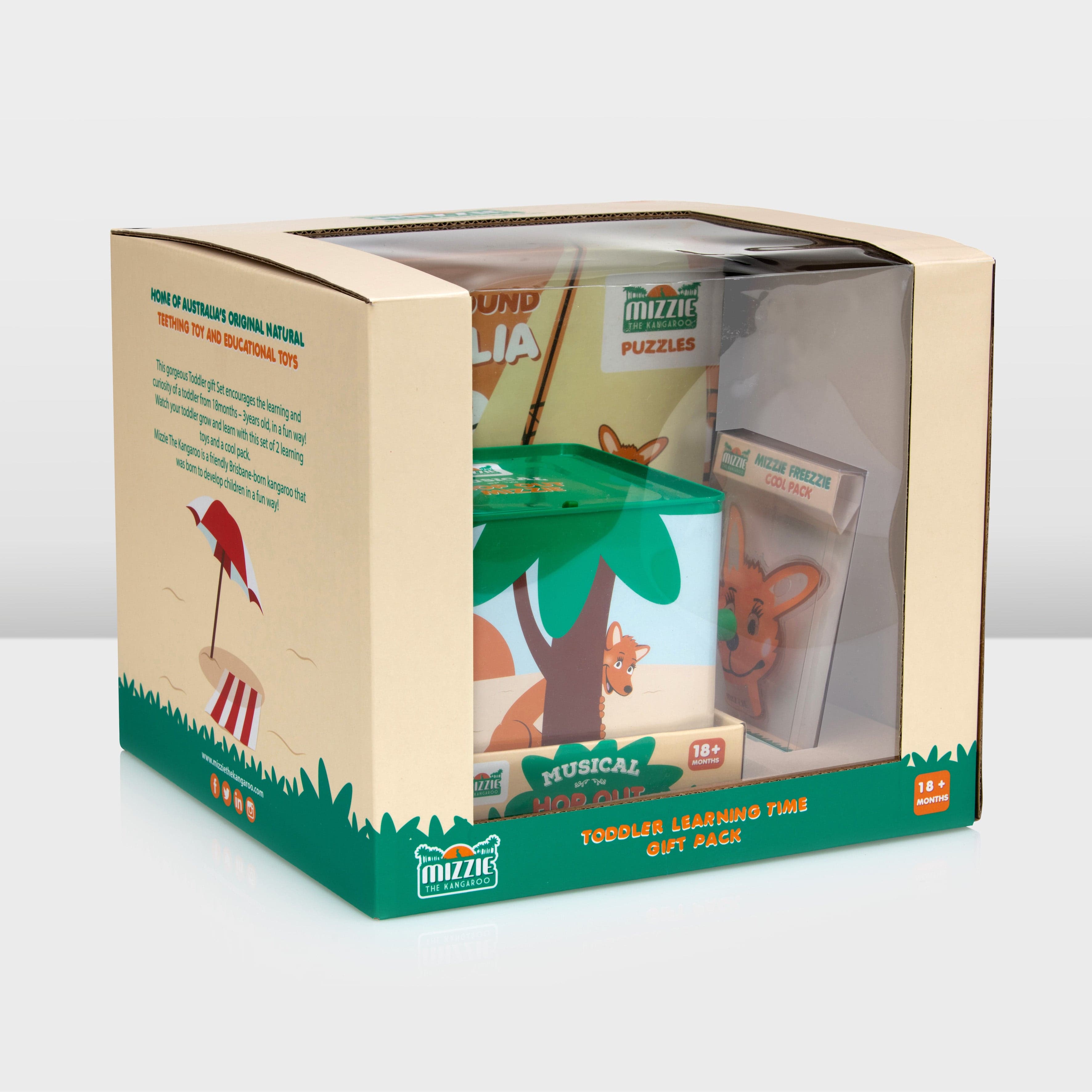
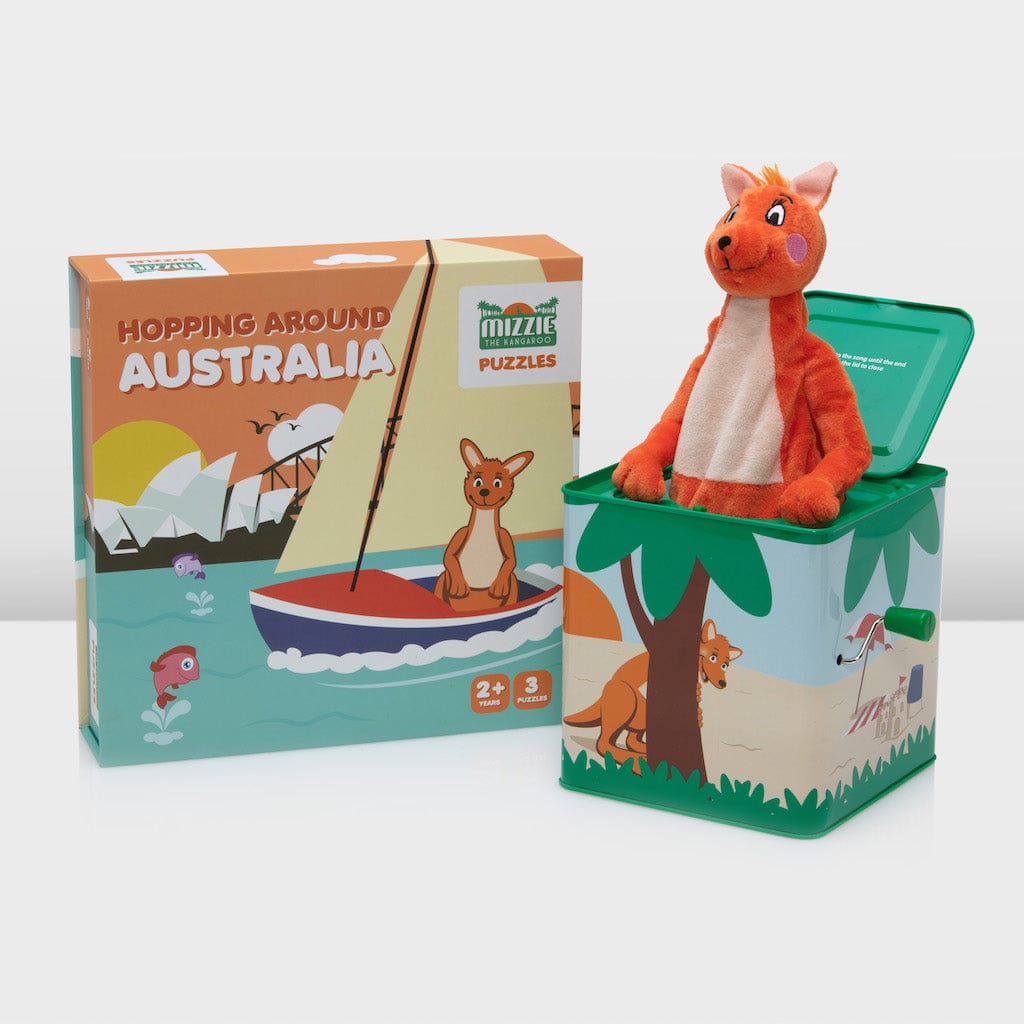
Leave a comment